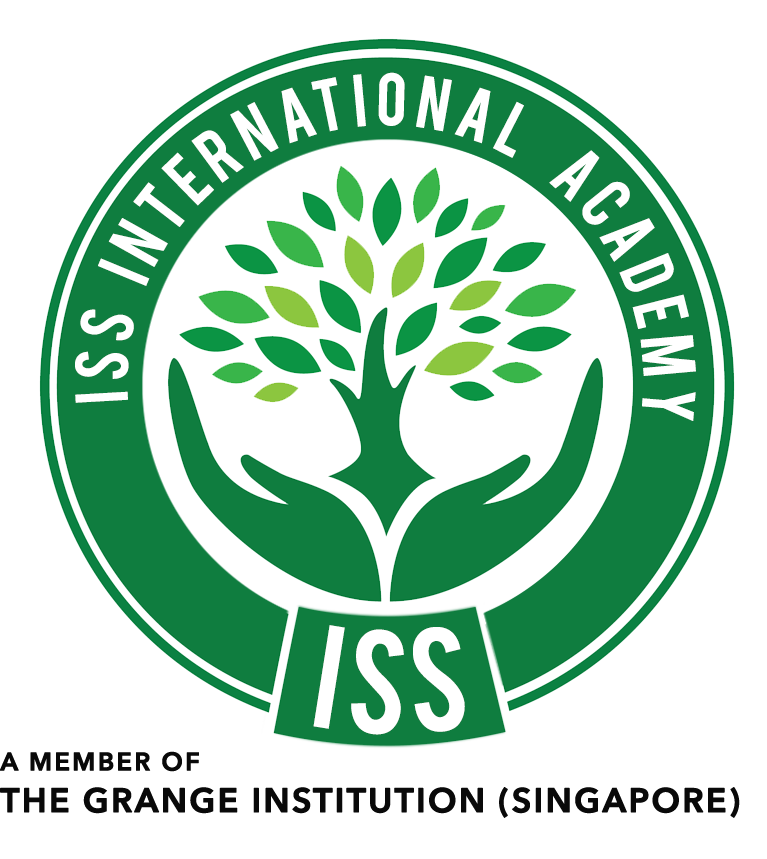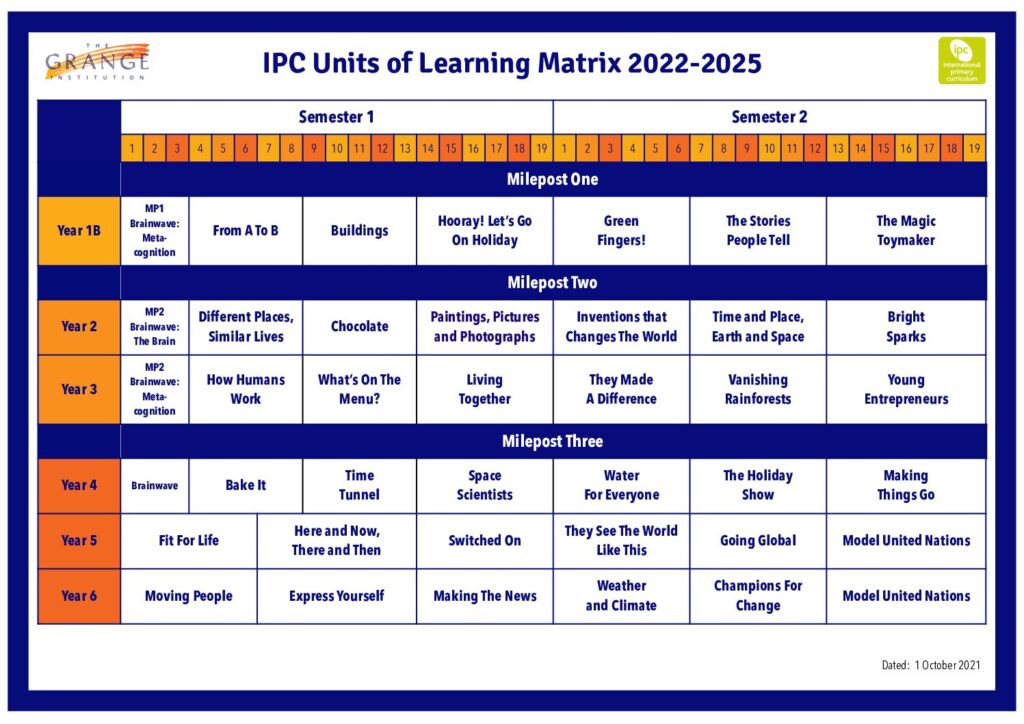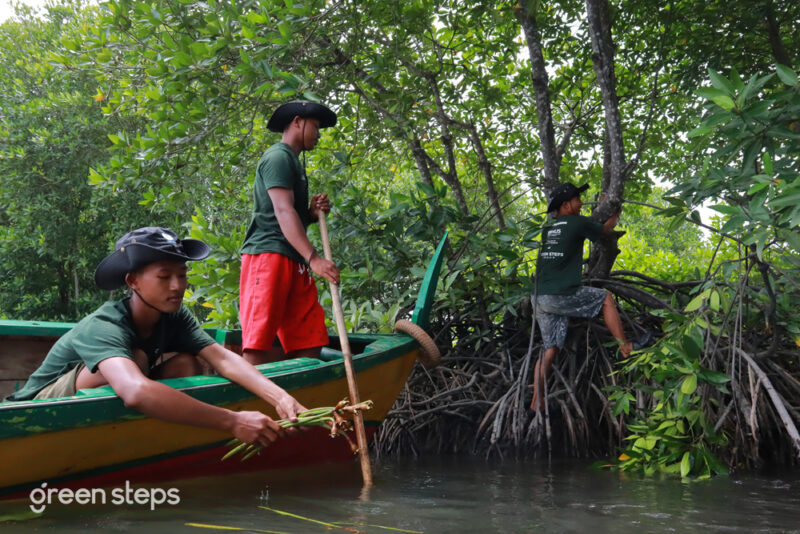
Every student’s journey, every tree’s beginning. “Grow With The Grange” is the latest campaign that has taken root as part of The Grange’s Green Granger Initiative. This initiative in collaboration with Green Steps is committed to plant a tree named after every student in the school. Green Steps is a technology company committed to environmental sustainability by fostering partnerships with local communities in four different continents.
Why do we need trees? Trees play a vital role in our ecosystem by mitigating climate change and creating a healthier environment for ourselves and future generations. By including the local population in forestry efforts, the initiative also creates job opportunities.
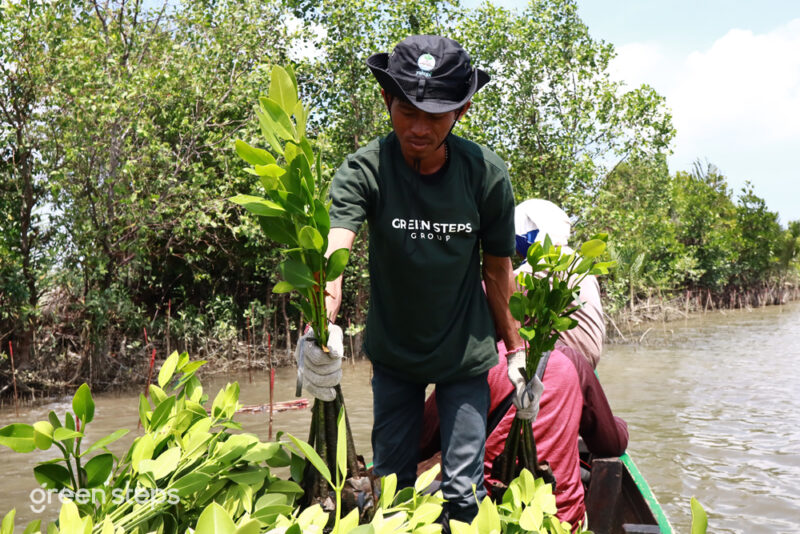
Continuing to expand on its award-winning Green Granger initiative, The Grange hopes to help students to have a deeper understanding of environmental issues and solutions through this partnership, which includes both awareness and practical actions.
Through GPS tagging, students can monitor and track the progress of the trees which have been planted, assessing their individual impact in helping to mitigate climate change. This enables students to move beyond knowledge gained from books on environment, allowing them to better understand real-world environmental concerns and the various stakeholders involved. This fosters a feeling of collective responsibility and greater influence as global citizens. This brings the school one step closer towards nurturing competent global citizens.
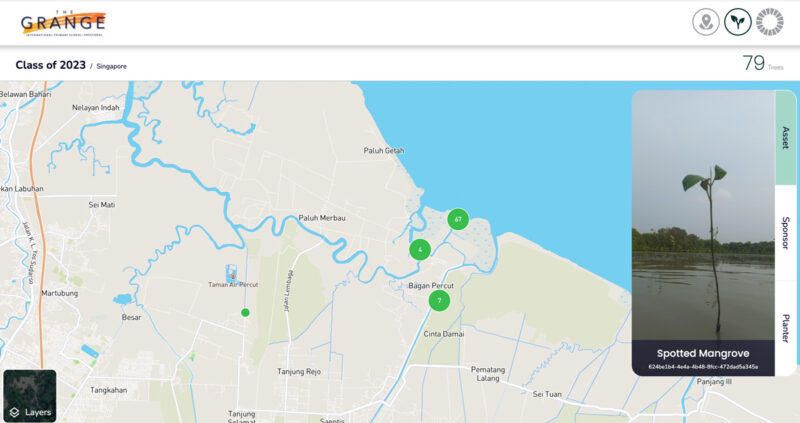
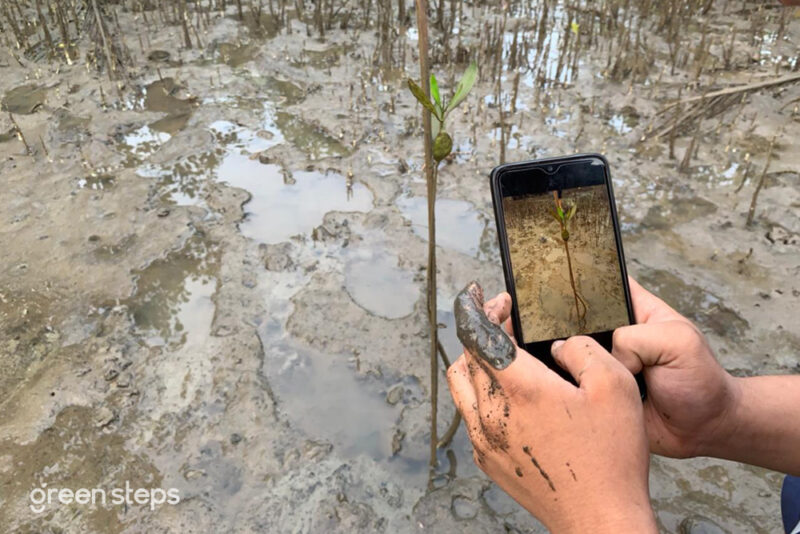
If you’d like to support or find out more about this initiative, you can email us at
enquiry@thegrange.edu.sg or visit the Green Steps’ webpage at
https://www.greenstepsgroup.com/.
